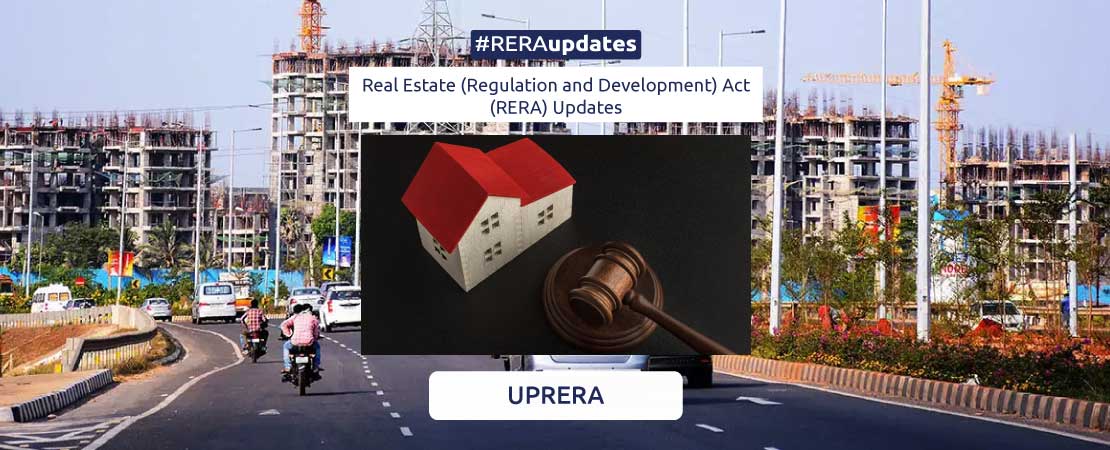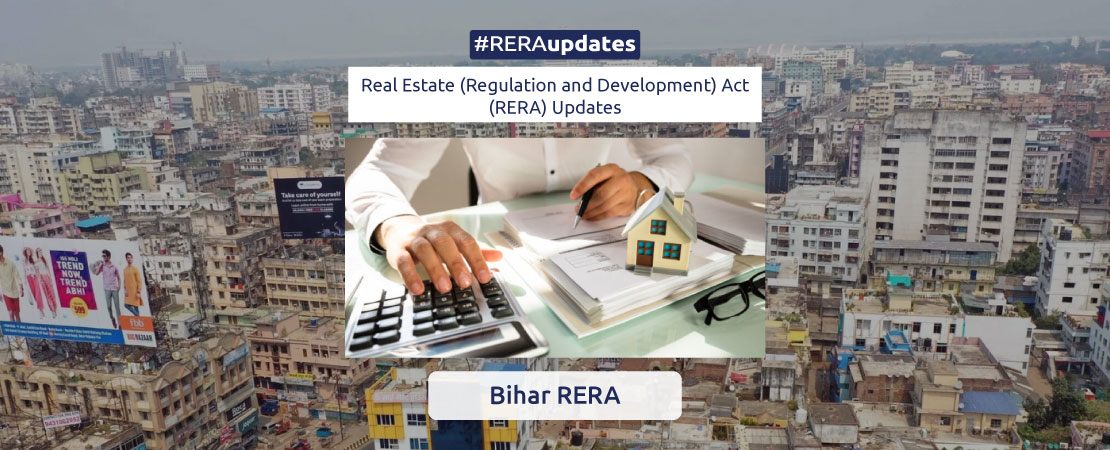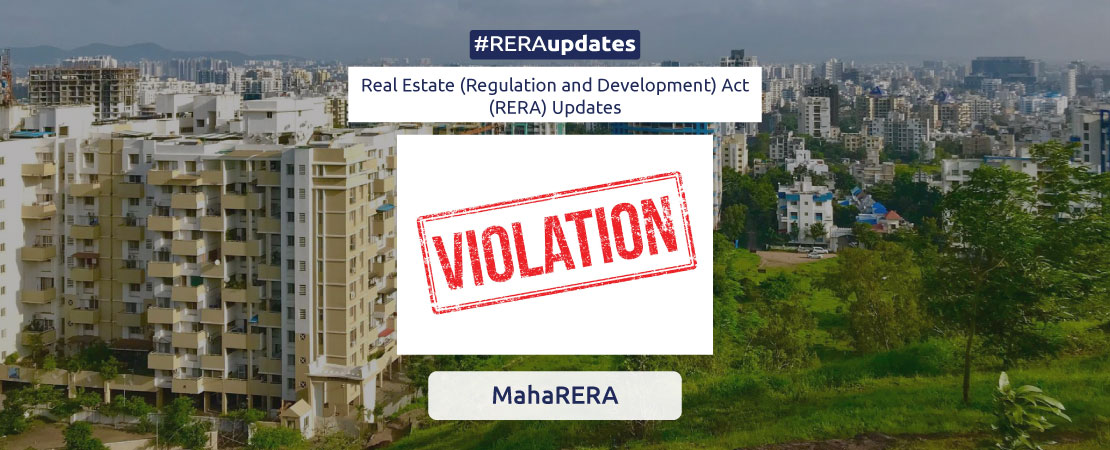Bombay high court confirmed an order of the RERA (Real Estate Regulation and Development Act) appellate tribunal directing a builder to first deposit 100% of the interest to be paid to buyers for delay in handing over flats at a project called Wintergreen in Borivali, as a pre-condition to hearing its appeal.
The HC, however, accepting an undertaking by the builder-CCI Projects Pvt Ltd-and gave it 5 months to deposit over Rs 19 crore before the Tribunal, of which Rs 5.5 crore is to be paid in 4 weeks.
The builder said it would in 4 weeks deposit Rs 33 lakh-30% of the Rs 1.1 crore ‘penalty’ to be paid to flat buyers. It will also deposit over Rs 10 lakh towards costs as directed. Failure to meet deadlines will result in dismissal of appeal pending before the tribunal, said Justices Revati Mohite Dere and Madhav Jamdar in their May 6 order.
Senior counsel Vineet Naik with counsel Mayur Khandeparkar for CCI Projects had challenged orders passed by the tribunal under the Rera Act for directing it to deposit 100% deposit “without recording any reasons.” Naik said section 43 (5) of the Act gives the tribunal discretion to seek deposit of at least 30% of the amount and “in many other matters the appellate tribunal has directed deposit of much lesser amount.”
The HC also heard counsel Rui Rodrigues for the Central government and counsel Vinodini Srinivasan with advocate Avinash Pawar for the flat buyers. Srinivasan pointed out that the Act provides for a minimum 30% deposit only of the ‘penalty’ imposed, not other amounts. She said thus pre-deposit of the entire amount before appeal is entertained, is mandatory.
Naik said the project is complete and flats handed over to purchasers. He said the MahaRERA order is only for compensation for delay caused and, therefore, complaints flat buyers should have been dismissed.
Naik also said there were 173 complaints filed by flat buyers, of which 69 are settled and 83 are pending for hearing before the Authority and 19 pending for conciliation. There were 112 appeals before the tribunal, of which 42 appeals are settled and in 53, order of pre-deposit was passed.
Naik then sought some time saying the builder is willing to make the deposit in five months and offered an undertaking to pay the interest deposit in five months and also offered not to create third party rights in four shops at Arcade, Rivali Park in Borivali, worth about Rs 12 crore.
The HC directed that in case of any settlements between builder and flat buyers within five months, the builder would be at liberty to seek modification of its order.
Section 43(5) of the Act envisages the filing of an appeal before the appellate tribunal against the order of an authority or the adjudicating officer by any person aggrieved and where the promoter intends to appeal against an order of authority or adjudicating officer against imposition of penalty, the promoter has to deposit at least 30 per cent of the penalty amount or such higher amount as may be directed by the appellate tribunal. Where the appeal is against any other order which involves the return of the amount to the allottee, the promoter is under obligation to deposit with the appellate tribunal the total amount to be paid to the allottee which includes interest and compensation imposed on him, if any, or with both, as the case may be, before the appeal is to be instituted.










